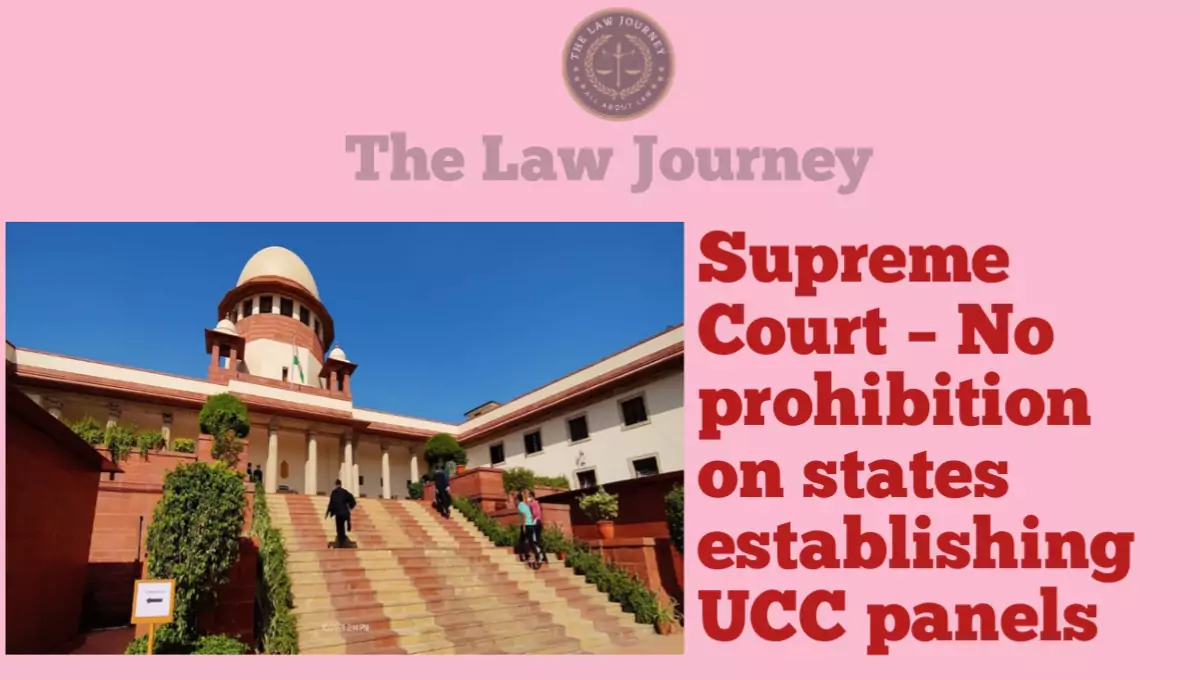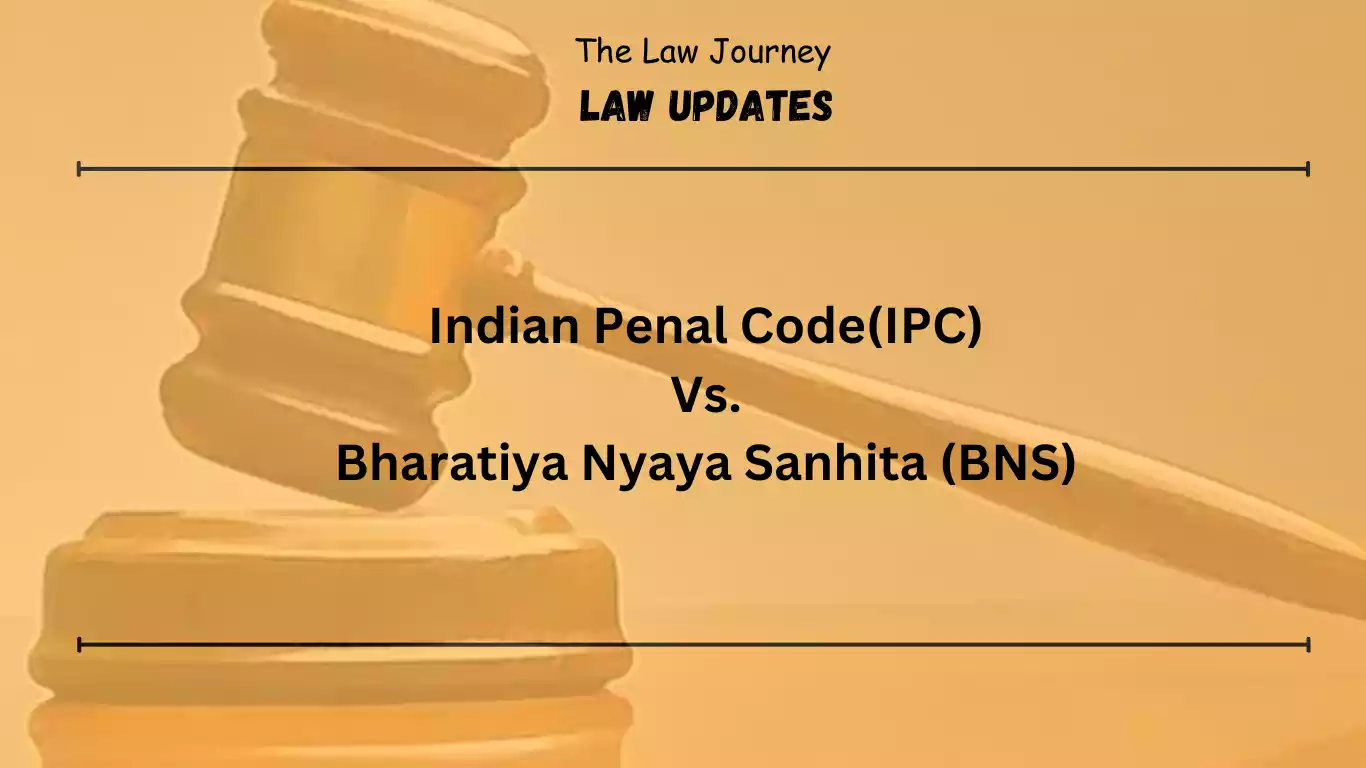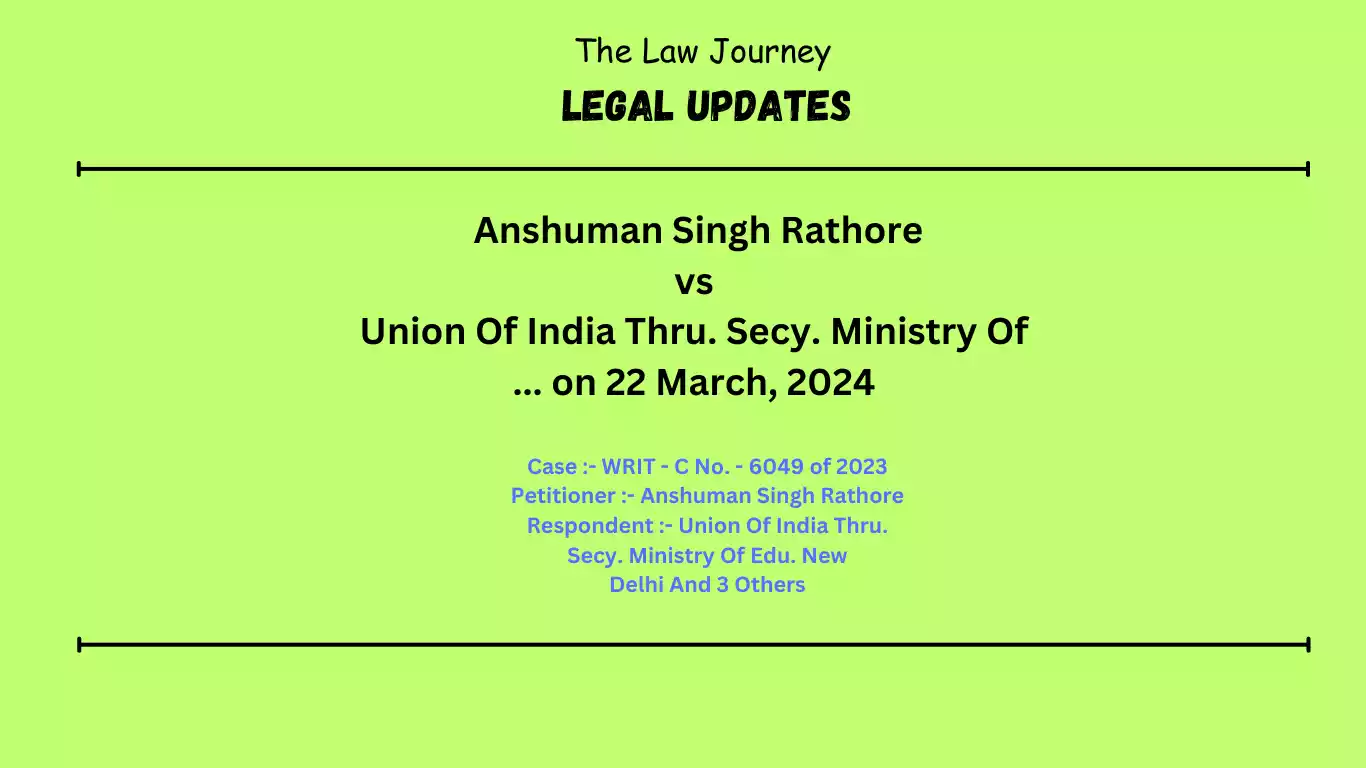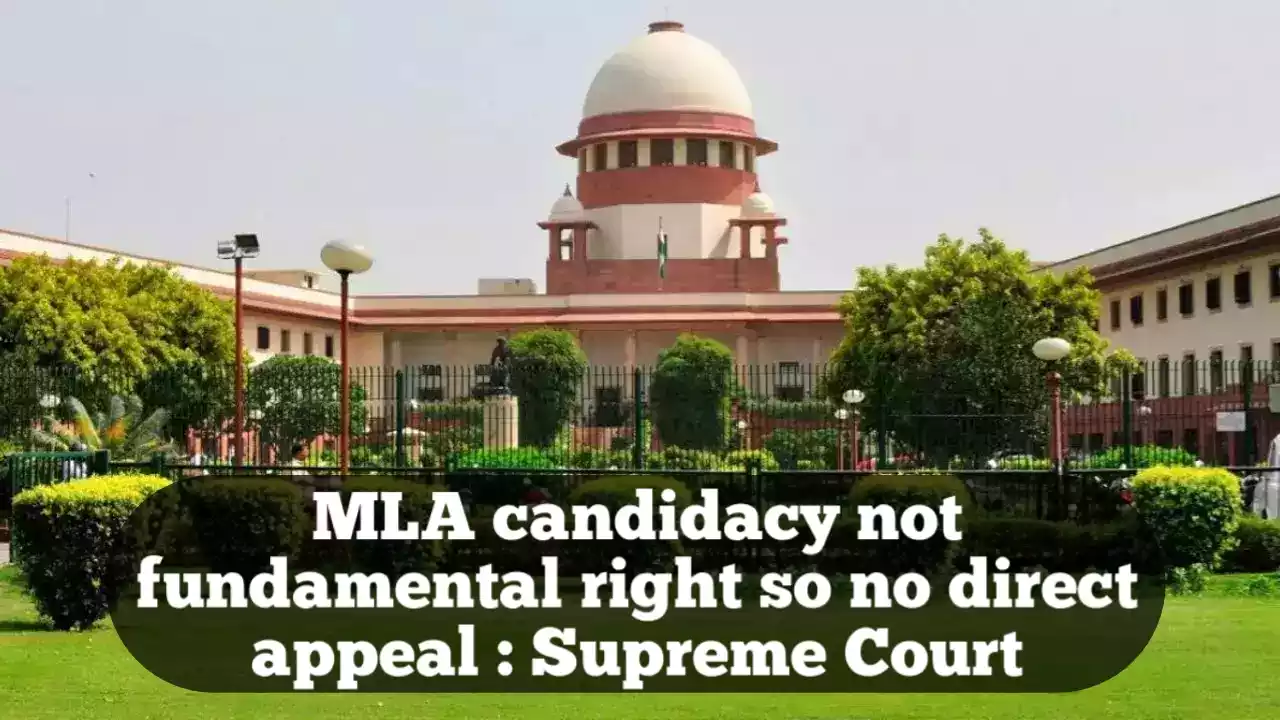Supreme Court -The Supreme Court on Monday said the Uttarakhand government was well within its constitutional jurisdiction to set up a committee to examine implementation of the Uniform Civil Code (UCC) in the state, which could bolster BJP-governed states’ efforts towards uniform civil laws for marriage, divorce, adoption, succession, and partition.
The PIL filed by advocate Anoop Baranwal contesting the validity of the Pushkar Singh Dhami government’s decision to form a five-member committee to investigate the problem was dismissed by a bench of Chief Justice D Y Chandrachud and Justice PS Narasimha.
According to Article 162 of the Constitution, “the executive power of a state shall extend to things with respect to which the legislature of the state has power to pass laws,” according to the CJI.
State laws on UCC-related concerns must be consistent with the Centre’s.
The bench then referred to Entry 5 of the Concurrent List in the Seventh Schedule of the Constitution, which conferred the jurisdiction on the state to enact laws on “marriage and divorce; infants and minors; adoption; wills, intestacy, and succession; joint family and partition, all matters in respect of which parties in judicial proceedings were immediately before the commencement of this constitution subject to their personal law”.
The only limitation the Constitution places on subjects covered by Entry 5 is that if the Centre has made a law on the subjects covered by this entry, the state enactment must be consistent with it. The bench dismissed the PIL, citing these two constitutional provisions.
On May 27, last year, the Uttarakhand BJP administration formed a committee chaired by retired Supreme Court judge Ranjana P Desai to draught a proposal for UCC implementation in the state. The panel has been tasked with conducting extensive debates and recommending to the government the legislative changes required to bring uniform civil laws to the state.
Declaring the setting up of the panel as fulfilling of BJP’s election promise, the CM had stated, “The UCC will provide for the same rules on marriage, divorce, land, property and inheritance for everybody, irrespective of their faith. This will increase social harmony, promote gender justice and empower women.’ 39
Prior to the announcement of the timetable for the assembly elections in Gujarat, which have now been completed, the BJP announced that if elected to form government again, it would appoint a committee to explore the adoption of uniform civil laws in the state. The BJP swept the polls, and the state administration is expected to announce the formation of a committee along the lines of Uttarakhand.
Three days ago, the Supreme Court appeared hesitant to hear a slew of petitions seeking gender- and religion-neutral marriage, adoption, succession, and maintenance legislation.
“Can the Supreme Court order Parliament to pass a uniform civil code law? We will look at this first “On Friday, a bench comprised of Chief Justice DY Chandrachud, Justices PS Narasimha and JB Pardiwala remarked.
“This is primarily a question relating to enactment of a legislation, which should be left to the wisdom of Parliament,” ASG K M Nataraj argued for the Centre.
Related Post
- Law student ends life in jaipur
- SC : Additional accused can be put on trial at any stage of proceedings
- India and France Promise to Strengthen defence Power
- India and France Promise to Strengthen defence Power
- Madras HC dismisses convert’s Plea for reservation

















